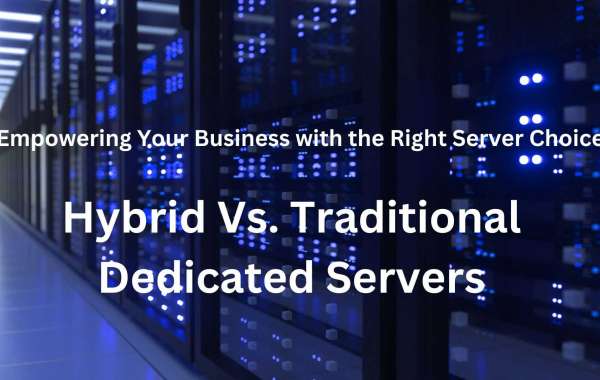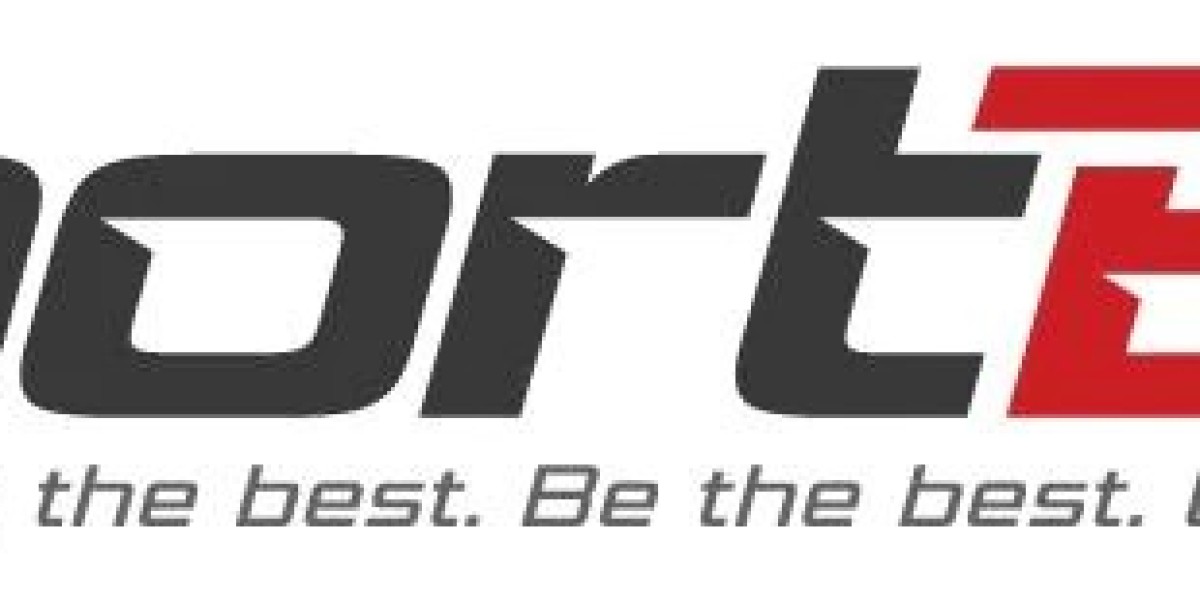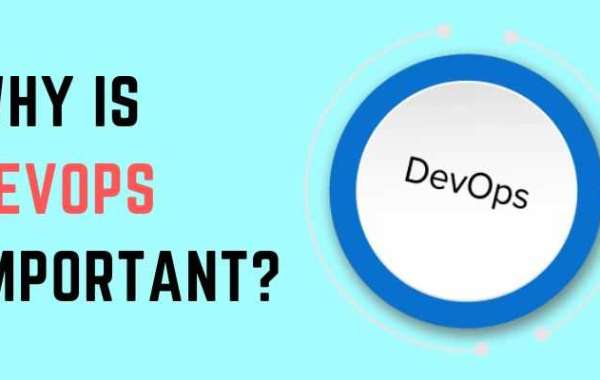In the dynamic landscape of server hosting, businesses face a crucial decision: Hybrid Dedicated Servers or Traditional Dedicated Servers? As technology advances, the popularity of hybrid dedicated servers is on the rise, challenging the traditional stalwarts. Join us on this server showdown where we dissect the strengths and weaknesses of each contender to help businesses make an informed choice.
Defining the Contenders
Unveiling the Hybrid Dedicated Server
Think of a hybrid dedicated server as a tech-savvy chameleon, blending the best of both dedicated and cloud hosting. It marries the raw power of dedicated hardware with the flexibility of cloud resources. This combination offers businesses a dynamic solution that can scale with their evolving needs.
Traditional Dedicated Servers: The Old Guard
In the red corner, we have the traditional dedicated server—an unwavering fortress of computing power entirely dedicated to one user. It's the heavyweight champion in terms of performance and reliability. Businesses opting for traditional dedicated servers prioritize raw computing power and control over their hosting environment.
Clarifying the Cloud: Hybrid vs Cloud VPS Servers
Before we dive into the bout, let's clear up a common misconception. Hybrid dedicated servers are not to be confused with Cloud VPS servers. While both leverage cloud resources, the hybrid model retains dedicated hardware, providing a unique blend of power and flexibility.
Comparative Analysis
Setting the Stage: Parameters for Evaluation
Before the bell rings, we need a fair judging criteria. Let's break down the battle into key parameters: performance, scalability, cost-effectiveness, resource utilization, security, and reliability.
#1. Performance and Scalability: The Showdown
In the performance arena, traditional dedicated servers flex their muscles, offering raw power that can handle the most demanding workloads. However, hybrid dedicated servers enter the ring with the ability to scale on-demand, adapting to fluctuating needs. It's a classic clash of brute force versus adaptive agility.
#2. Counting the Coins: Cost-Effectiveness and Resource Utilization
Traditional dedicated servers come with a hefty price tag, reflecting the exclusivity of dedicated resources. On the other side, hybrid dedicated servers boast cost-effectiveness, utilizing cloud resources efficiently. It's the age-old battle of value for money versus uncompromised performance.
#3. Security and Reliability: Fortresses in the Digital Realm
Security is paramount, and both contenders take it seriously. Traditional dedicated servers, isolated from external influence, provide a secure environment. Hybrid dedicated servers leverage cloud security protocols, offering robust protection. The question is, which fortress stands stronger against the digital marauders?
#4. Flexibility and Customization: Tailoring to Suit
In the customization arena, hybrid dedicated servers showcase their adaptability. Businesses can scale resources up or down based on demand, ensuring optimal utilization. Traditional dedicated servers, while powerful, may lack this flexibility. It's the dance of adaptability against the steadfast commitment to a predefined setup.
Practical Applications and Use Cases
The Strength of Tradition: Traditional Dedicated Servers in Action
Traditional dedicated servers shine in scenarios where consistent, uncompromised performance is non-negotiable. Think data-intensive applications, large-scale databases, or resource-hungry applications. The traditional heavyweight becomes the go-to choice for steadfast reliability.
Hybrid Magic: Applications for Hybrid Dedicated Servers
Hybrid dedicated servers steal the spotlight when flexibility and scalability take center stage. Businesses with varying workloads, seasonal demands, or unpredictable growth find a reliable partner in hybrid servers. It's the Swiss Army knife of hosting solutions—ready for any situation.
Conclusion
In the final round of this server showdown, both contenders have showcased their strengths and weaknesses. The choice between hybrid dedicated servers and traditional dedicated servers ultimately boils down to the unique needs and budget constraints of each business.
Summing it up, if your business seeks unwavering performance and has a budget to match, the traditional dedicated server stands tall. On the flip side, for those embracing the ever-changing demands of the digital arena and aiming for cost-efficiency, the hybrid dedicated server emerges as a formidable choice.
Frequently Asked Questions (FAQs)
Q1: Can I switch from a traditional dedicated server to a hybrid dedicated server?
A1: Yes, migration is possible. However, it requires careful planning and execution to ensure a smooth transition without compromising data and performance.
Q2: Are hybrid dedicated servers suitable for small businesses with limited budgets?
A2: Absolutely. Hybrid dedicated servers offer a cost-effective solution, allowing businesses to leverage cloud resources while maintaining dedicated hardware for essential tasks.
Q3: Which server type is more adaptable to fluctuating workloads?
A3: Hybrid dedicated servers take the crown for adaptability. They can seamlessly scale resources to meet fluctuating workloads, providing flexibility that traditional dedicated servers may lack.










